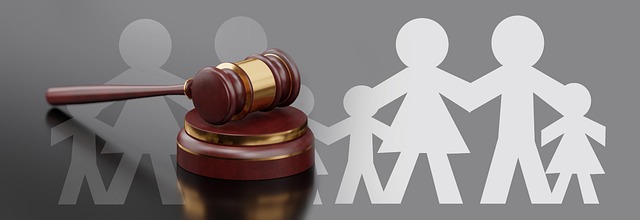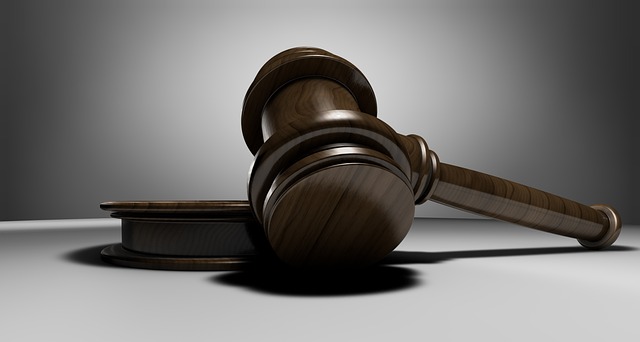Injury arbitration provides a swift and less contentious alternative to court for personal injury claims. Victims file a claim detailing the accident, leading to an evaluation by their insurance company. If disputes arise, a neutral arbitrator reviews evidence and testimonies, making a binding decision based on applicable laws. Preparation requires meticulous document gathering and engaging an experienced attorney specializing in arbitration to navigate legal complexities, ensuring a stronger case for a favorable award.
“Unsure what to expect when navigating an injury arbitration process? This comprehensive guide breaks down the intricate legal procedure designed to resolve personal injury claims efficiently. From understanding the basis of injury arbitration to detailing each step in the hearing, we demystify the process. We also offer practical tips for preparing and presenting your case effectively. By familiarizing yourself with these aspects, you can better manage expectations and increase your chances of a favorable outcome.”
- Understanding Injury Arbitration: A Legal Process Explained
- The Steps Involved in the Injury Arbitration Hearing
- Preparing for and Navigating Your Injury Arbitration Case
Understanding Injury Arbitration: A Legal Process Explained

Injury arbitration is an alternative dispute resolution process designed to address personal injury claims outside of traditional court settings. Unlike trials, which can be lengthy and costly, arbitration offers a more streamlined approach, where a neutral third party, known as an arbitrator, reviews the evidence and makes a binding decision. This process is particularly common in cases involving caregiver negligence, product liability, or commercial disputes, providing a faster and potentially less adversarial route to resolution.
The first step in injury arbitration typically involves each party presenting their case, including witness testimonies and legal arguments, to the arbitrator. The arbitrator then analyzes the evidence, applies relevant laws, and renders a decision based on the merits of the case. Unlike juries, arbitrators are not bound by previous verdicts and have the discretion to award damages as they see fit, making the process adaptable to the specific circumstances of each claim.
The Steps Involved in the Injury Arbitration Hearing

The injury arbitration process begins with a series of well-defined steps that ensure a fair and efficient resolution. First, the aggrieved party initiates the process by filing a claim, usually facilitated by their personal injury lawyer. This claim outlines the circumstances of the accident and the resulting injuries, along with demands for compensation. Once received, the insurer evaluates the claim, deciding whether to settle or proceed to arbitration.
If the insurer chooses arbitration, a neutral third-party arbitrator is selected. This arbitrator listens to both parties’ arguments and reviews evidence presented during the hearing. The hearing itself involves each party presenting their case, including witness testimonies and medical records. Homeowner insurance claims, in particular, often navigate this process collaboratively, aiming for an agreed-upon settlement without formal arbitration. However, when disagreements persist, the arbitrator makes a binding decision, determining the extent of accident compensation.
Preparing for and Navigating Your Injury Arbitration Case

Preparing for an injury arbitration case requires careful navigation through complex legal procedures. As a claimant or respondent, understanding the process is key to presenting your best case. Start by gathering all relevant documents related to the incident and any communication with insurance companies or other parties involved. Organize these records chronologically to provide a clear timeline of events, which can be crucial in proving liability or defending against claims.
Engage the services of an experienced personal injury attorney who specializes in arbitration. They will guide you through each step, ensuring compliance with legal formalities and deadlines. This is especially important when dealing with business litigation or contract disputes, where nuances in language and intent can significantly impact the outcome. A skilled advocate can help interpret complex legal jargon and strategies to enhance your position, ultimately advocating for a favorable arbitration award.
Injury arbitration is a crucial process that offers a more efficient and potentially less adversarial alternative to traditional litigation. By understanding the steps involved, from initial filing to the hearing itself, individuals can better prepare for this unique legal journey. With the right preparation and navigation, you can confidently navigate your injury arbitration case, ensuring a fair and timely resolution.






